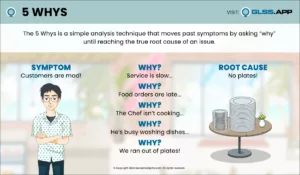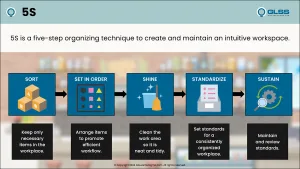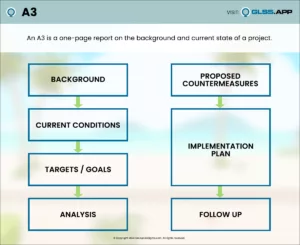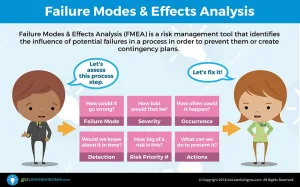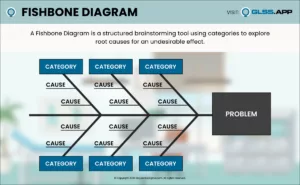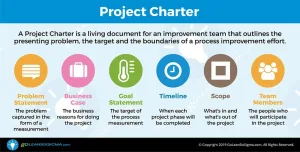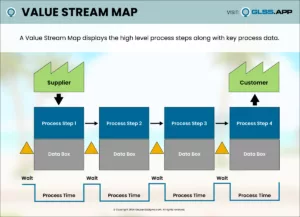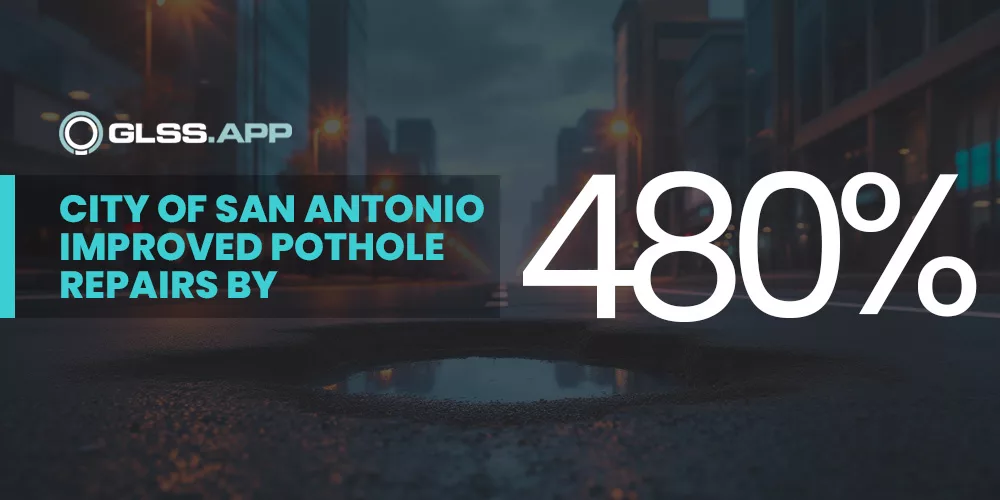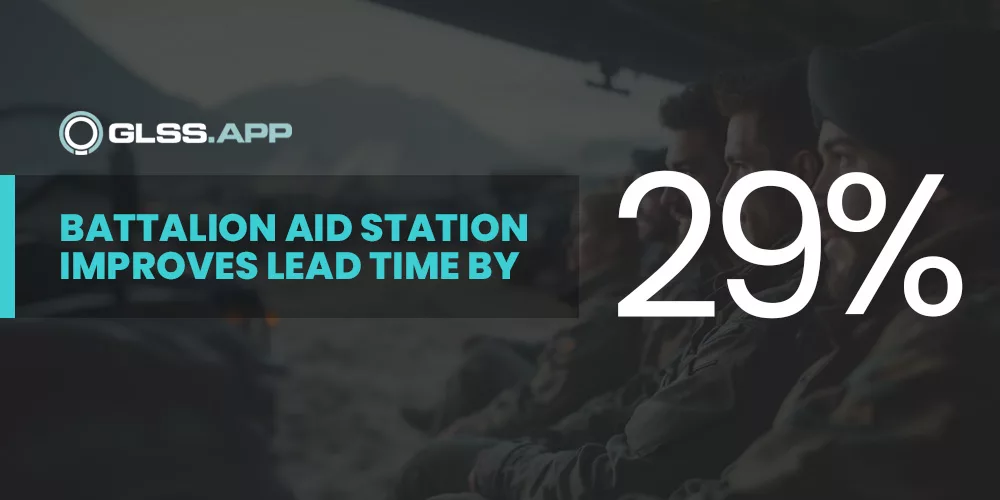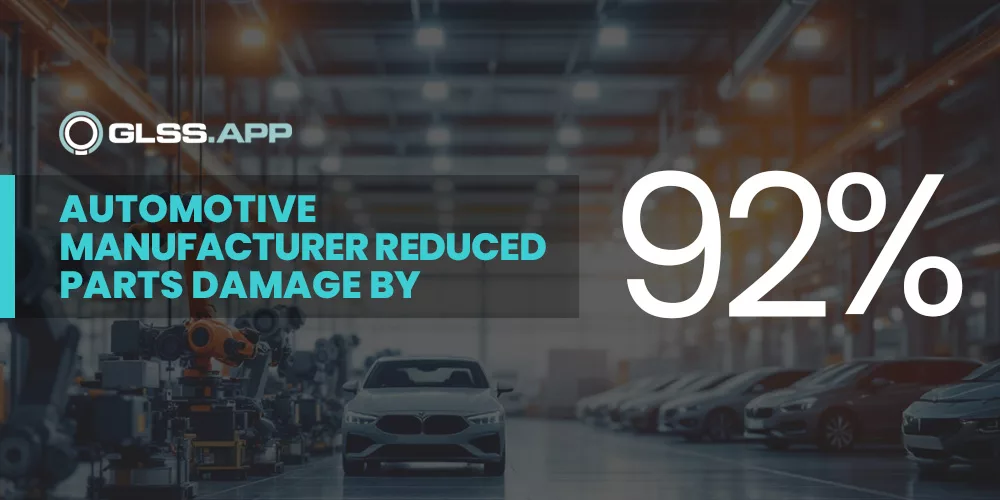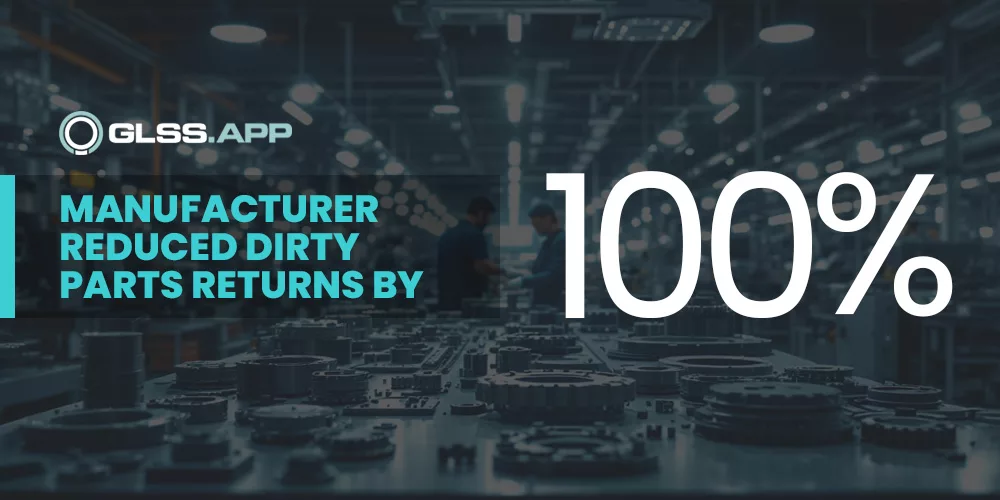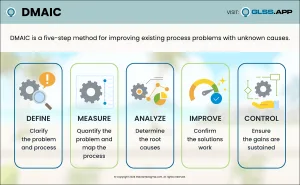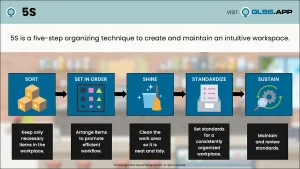Automobile Manufacturer Reduced Robotic Welder Parameter Development Time By 76% With GLSS
Home » Case Study » Automobile Manufacturer Reduced Robotic Welder Parameter Development Time By 76% With GLSS
Georgia
Automotive
Operations
76%
- The problem: This automobile manufacturer faced a major challenge with its robotic welding process—delays in approving welding parameter changes created inefficiencies, safety risks, and potential production bottlenecks. The process took an average of 6.4 weeks, with some approval taking up to 8 weeks.
- Determined to streamline the process, the company turned to GLSS’s Lean Six Sigma Green Belt Training & Certification to equip its team with the problem-solving skills needed to drive meaningful change. Through GLSS’s innovative training and structured approach, the organization successfully cut robotic welding parameter approval time to 1.5 weeks—an impressive 76% improvement.
Automate Project Work + Documentation with Kure
In the fast-paced world of automotive manufacturing, efficiency, and precision are essential to maintaining a competitive edge. Companies constantly seek ways to improve production processes, ensuring that vehicles meet high-quality standards while optimizing operational speed.
In automotive manufacturing, robotic welding plays a crucial role in ensuring strong, high-quality welds that keep vehicles structurally sound. However for this manufacturer, when adjustments to welding parameters were needed, the approval process was painfully slow—taking an average of 6.4 weeks. This delay affected multiple aspects of production:
- Reduced efficiency: Delays in parameter approvals slowed down continuous improvements in welding quality and stability.
- Increased safety risks: Extended wait times raised the chances of welding defects such as weld expulsion, which could compromise worker safety and product reliability.
- Production bottlenecks: The long lead time for approvals disrupted workflow, making it difficult to implement necessary adjustments quickly.
Recognizing that an inefficient process was putting quality, safety, and productivity at risk, the company needed a structured problem-solving approach to identify the root causes and implement sustainable solutions. To meet this challenge, the organization enrolled its team in GLSS Green Belt Training & Certification, equipping them with Lean Six Sigma tools and methodologies to tackle the issue effectively.
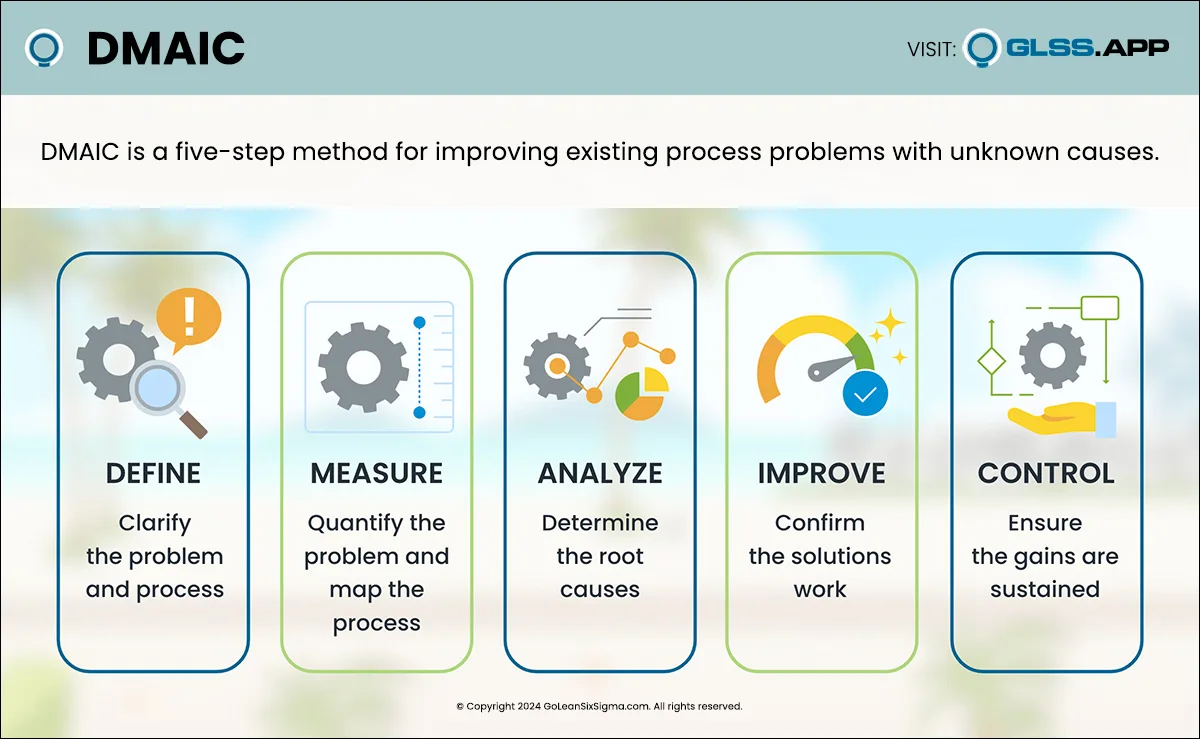
With the structured training and guidance from GLSS, the team conducted a deep dive into the problem using data-driven analysis. They quickly uncovered a fundamental issue: there was no designated decision-maker for approving robotic welding parameter changes.
- Multiple individuals were involved in the approval process, but no single person was accountable, causing unnecessary delays.
- The approval workflow lacked a streamlined escalation process for urgent changes, meaning critical adjustments were often stuck in limbo.
Without a clear, structured process, approvals continued to be slow and inconsistent, preventing the company from making timely improvements to its robotic welding operations.

Armed with insights from GLSS Green Belt Training, the team implemented two simple but highly effective solutions:
- Appointing a Subject Matter Expert (SME): The organization designated a robotic welding expert as the key decision-maker for approving parameter changes. With a single point of authority, approvals could now be completed faster and more efficiently.
- Establishing an Emergency Approval Pathway: For urgent cases, the team introduced a streamlined emergency approval system. If an issue posed a safety or quality risk, changes could now be approved immediately by securing quick internal management consent.
These targeted improvements transformed the way the company handled robotic welding parameter approvals, making the process more efficient, more predictable, and significantly faster.

The impact of these process improvements was immediate and far exceeded initial expectations:
- Approval times were reduced from 6.4 weeks to just 1.5 weeks—a 76% reduction in standard cases.
- Emergency approvals could now be implemented immediately, ensuring that critical safety and quality improvements were not delayed.
- Greater operational efficiency, as engineers and production teams no longer had to wait weeks for parameter updates.
- Improved safety and quality—faster approvals meant that welding defects could be addressed before they escalated into major issues.
With these changes in place, the organization was able to accelerate innovation, reduce risk, and improve overall production efficiency.

with GLSS
The success of this robotic welding process improvement project highlights the power of structured problem-solving and Lean Six Sigma methodologies. By partnering with GLSS Training & Certification, the organization gained the skills and insights necessary to drive results faster and more effectively.
GLSS’s innovative instructional design and practical application of Lean Six Sigma tools enabled the team to implement improvements with confidence, cutting approval times by 76% and significantly enhancing safety and efficiency. Beyond this project, the organization is now well-positioned to tackle future process challenges, ensuring continued innovation and maintaining its competitive edge in the automotive manufacturing industry.
Thanks to GLSS Green Belt Training, the company now has a repeatable, structured approach to process improvement, ensuring that operational excellence remains a core focus for years to come.
*We value our clients’ confidentiality. While we’ve changed their names, the results are real.

Start a free trial and get access to all GLSS courses (Yellow Belt, Green Belt, Black Belt, and more!) for only $399/year with GLSS Membership!














